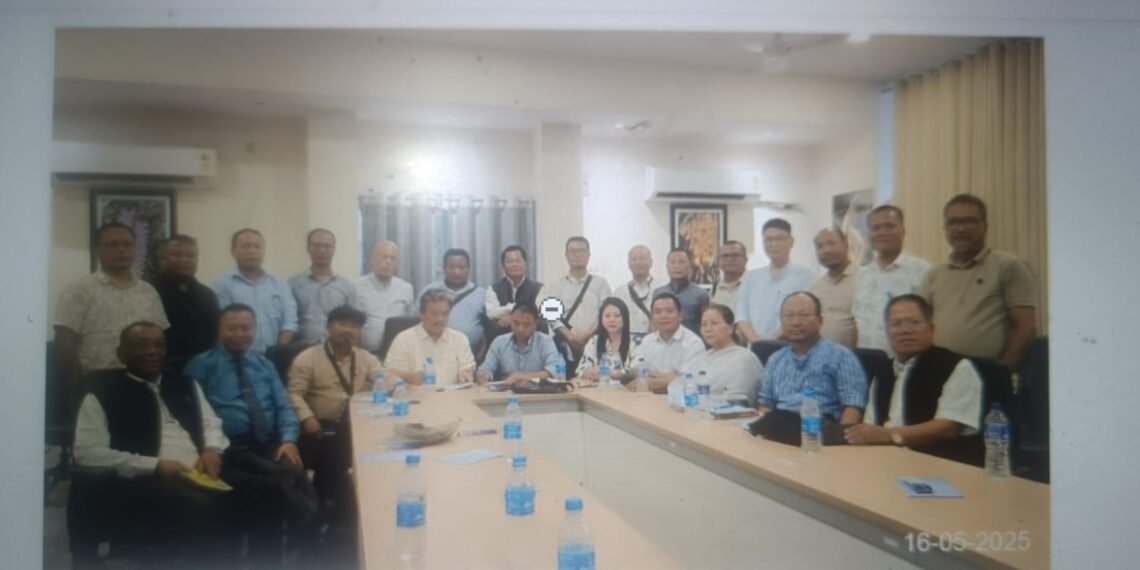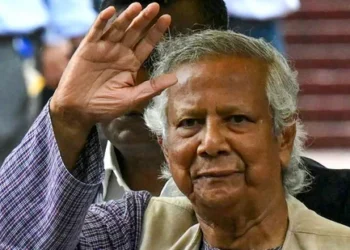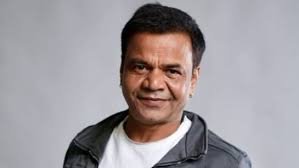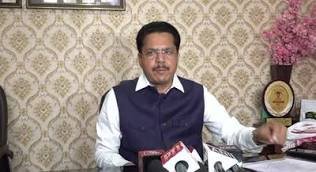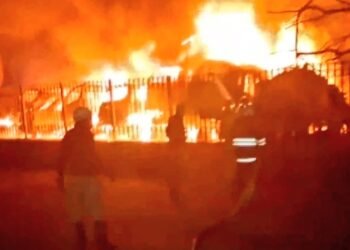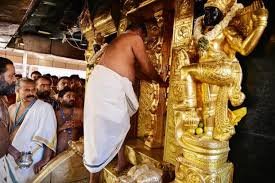Tensions in Manipur escalate as Kuki-Zo leaders issue a joint statement rejecting further dialogue with the Government of India. Their demand: immediate resumption of substantive talks or a halt in all cooperation
BY PC Bureau
In a major escalation of their political stand, elected Kuki-Zo MLAs, leaders of civil society organizations (CSOs), and representatives of armed groups under the Suspension of Operations (SoO) pact convened in Guwahati today and unanimously resolved to cease all engagement with the Government of India or its representatives until substantive political dialogue resumes.
The joint declaration—issued after hours of closed-door deliberations—marks a dramatic shift in the community’s engagement strategy and signals rising frustration over the Centre’s perceived inaction in addressing their core demands, particularly the call for a separate Union Territory.
“Until the resumption of substantive political dialogue by the Government of India with SoO groups, the CSOs and elected representatives shall no longer engage with the Government of India or its representatives,” the official press release stated.
READ : AKs, RPG, M4 Rifle Recovered from Slain PDF cadres in Chandel
This declaration comes at a time when Manipur continues to reel under ethnic violence, political paralysis, and deep-rooted mistrust among communities. The Guwahati conclave—billed as a decisive gathering of the Kuki-Zo leadership—has emerged as a rallying point for collective assertion and strategic clarity.
A Unified Kuki-Zo Front
Nine of the ten Kuki-Zo MLAs were present, including senior figures such as Nemcha Kipgen (BJP, Kangpokpi), Letpao Haokip (BJP, Tengnoupal), Paolienlal Haokip (BJP, Saikot), LM Khaute (BJP, Churachandpur), and Kimneo Haokip Hangshing (KPA, Saikul). BJP MLA Vungzagin Valte, who continues to recover from a mob attack in May 2023, was represented by a delegate.
The leadership was bolstered by key CSOs including the Kuki Inpi Manipur, Zomi Council, Hmar Inpi, and Kuki-Zo Council, who emphasized the need for a grassroots-driven, consultative political roadmap. Representatives of SoO groups aligned with these CSOs added legitimacy and force to the collective declaration.
Read: Asia Faces Renewed COVID-19 Surge Amid Waning Immunity
Growing Discontent with Centre’s Approach
The Kuki-Zo bloc has long voiced skepticism about the Centre’s handling of the Manipur crisis. They notably boycotted an October 2024 dialogue in New Delhi, which included Meitei representatives, choosing instead to demand separate negotiations.
A more recent attempt at inter-community peace talks on April 5, 2025, also collapsed, with Kuki-Zo CSOs rejecting a draft peace plan supported by Meitei groups, citing the absence of hardliners like COCOMI and unresolved issues within the SoO framework.
The Guwahati resolution thus represents a hardening of position—an ultimatum for New Delhi to engage seriously with tribal demands or risk the complete breakdown of existing negotiation channels.
External Support and Implications
Former Mizoram Chief Minister Zoramthanga, a vocal supporter of Kuki-Zo aspirations, is believed to be playing an informal advisory role. His previous mediation efforts and ties with Zo ethnic groups across Northeast India could be pivotal in the unfolding geopolitical scenario.
Meanwhile, the absence of Meitei and Naga representatives from today’s meeting underscores the fragility of broader peacebuilding efforts, which remain stalled amid deepening ethnic divides.
A Make-or-Break Moment
The Guwahati meeting may prove to be a turning point. As one MLA put it, “Our people have suffered enough. This meeting is about securing a future where peace and justice prevail.”
Whether this signals the beginning of meaningful change or a deepening political standoff will depend on the Centre’s next steps—particularly its willingness to reopen structured dialogue with the SoO groups and Kuki-Zo leadership.



